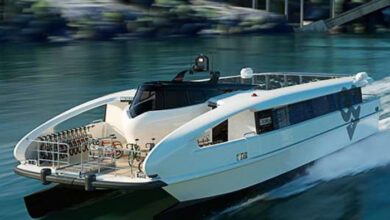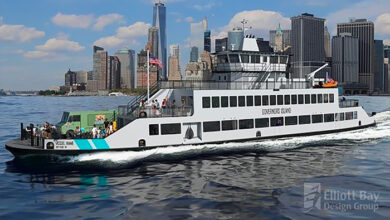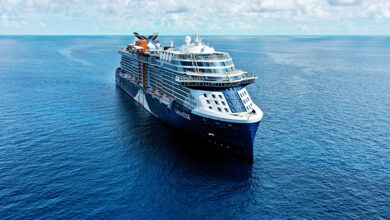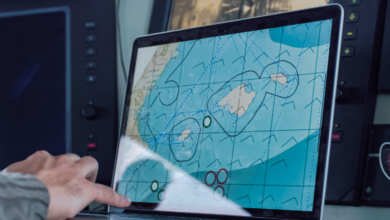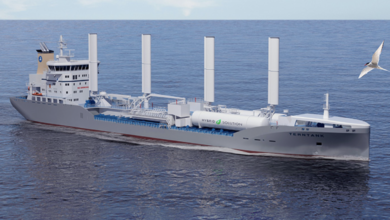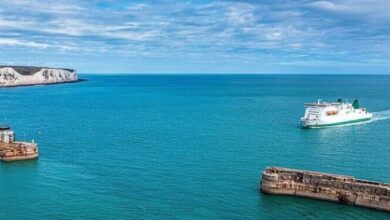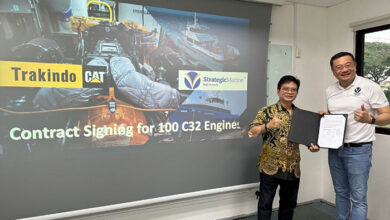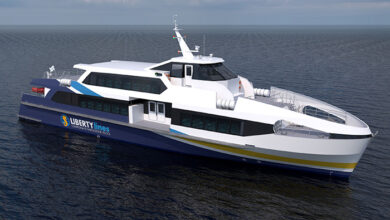An Exclusive Research : Russia’s war in the Black Sea will change short sea shipping connections
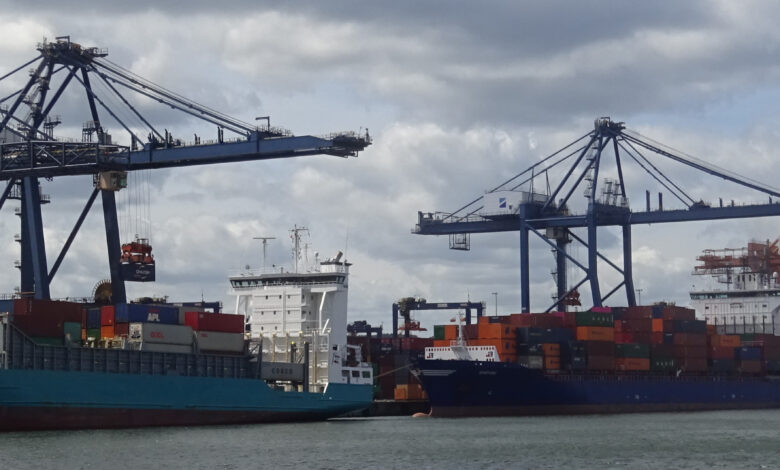

Poland ( Special ) : Marek Grzybowski
Russia’s attack on Ukraine has affected not only global supply chains. Short sea shipping connections have changed drastically in Europe. The Black Sea is practically out of the game. Merchant ship traffic has dropped very drastically in Black Sea ports.
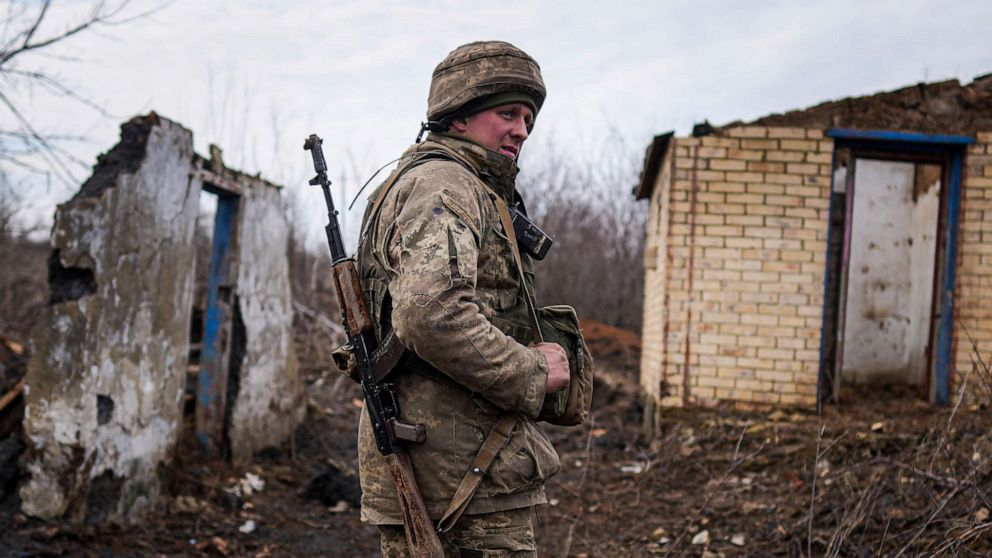
Insurance companies have identified the Black Sea as a high-risk region. Insurance contracts are terminated or war insurance is offered. Shipping companies in the Black Sea are reportedly facing war-risk premiums as high as $5 million.
A large drop in the supply of cargo in Russian seaports in the Black Sea and in St Petersburg ( – 12%) was observed in March this year. In the second quarter of this year. changes in short sea shipping will continue in all markets. The situation will worsen in the second half of this year. Prices for grain, oil and gas, fertilizers, and steel will increase further. Freight and bunker fuel prices will be high.
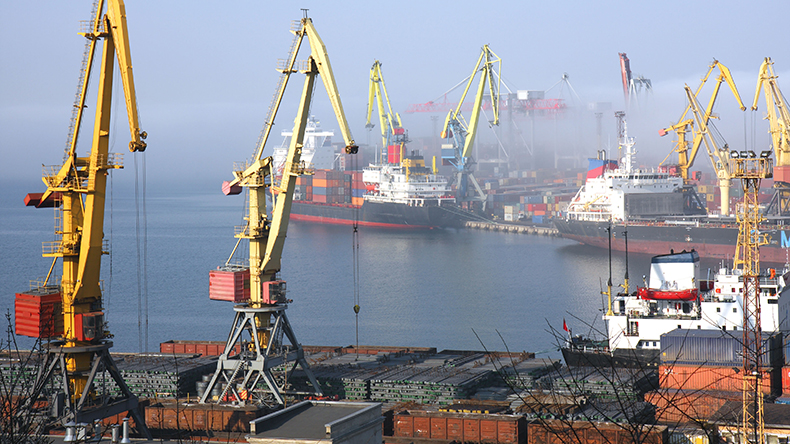
The Black Sea has become a highly threatened region. In the Atradius risk map, Russia and Ukraine are identified as high-risk countries in the STAR rating system. It is a system developed by the Atradius Economic Research Group to assess country risk, including various political and economic threats, social unrest, and conflict.

The sanctions imposed on Russia only partially stopped traffic to Russian ports in the Baltic Sea and ports operating on other seas. Drifting mines in the Black Sea made sailing in these waters very risky.
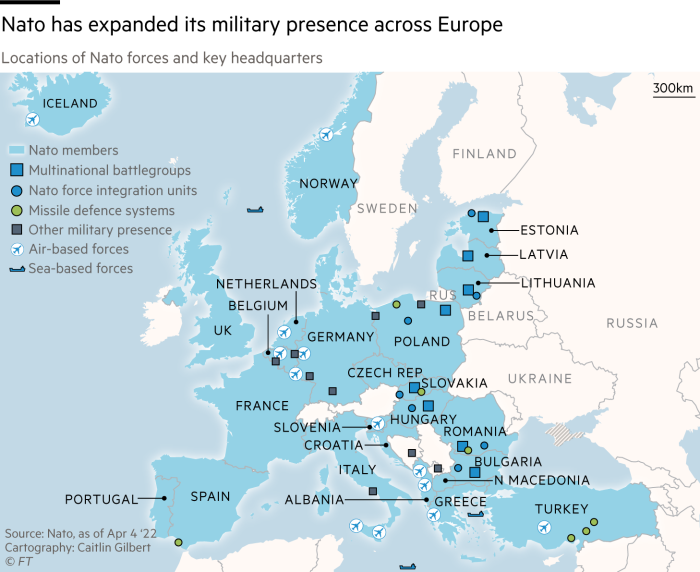
NATO warns – drifting mines
NATO Shipping Center on April 13, 2022, issued the following statement: „Drifting mines have been detected and deactivated in the Western Black Sea by coastal nation’s authorities (ref. NAVAREA III-126/22 and NAVAREA III 017/22).
The latest statement of regional authorities, confirming another sighting of a mine, shows the threat of drifting mines in the Southwest part of the Black Sea still exists. An additional stray mine was detected and deactivated on 06 of April 2022 in the Southwestern part of the Black Sea. National authorities stated that the searches for mine-like objects are ongoing.

The threat of more drifting mines cannot be ruled out. Any sightings of mine-like objects should be reported to coastal authorities and shipping should remain well clear of the hazard.
NSC strongly advises masters to take all precautions to mitigate the threat including avoiding floating objects, keeping the forward area of the ship clear of the crew, and using effective look-outs. Merchant vessels are also reminded to monitor the local authorities’ broadcasts for the latest Navigational Warnings”.

2 billion tonnes on shortship routes
Short Sea Shipping accounts for around 60.4% of total maritime freight transport to and from major EU ports. Sea transport increased by 0.6% in 2020, more than in 2019, according to a Eurostat analysis. In 2021, the market recovered in most EU and EFTA countries, and the cargo supply increased by about 3.2%, the statistical data of major ports can be inferred.
– The advantage of short sea shipping connections over deep-sea shipping is in the ports of Malta, Cyprus, Finland, Sweden, Denmark, Bulgaria, Ireland, Latvia, Italy, Croatia, Estonia, Romania, Greece, Poland, and Lithuania – EU statistics calculated.
Norway is dominant in the EFTA countries with a share exceeding 70%. Similar indicators are also observed in the EU candidate countries, Montenegro and Turkey.
The supply of goods transported by short sea shipping connections in the EU approached 1.7 billion tonnes in 2020. This meant a 6.6% decrease in cargo on ships and terminals compared to 2019. Shortsea operations returned to 2 billion tonnes in 2021 r. results from information from EU and EFTA port authorities.
Italy, the Netherlands, and Spain are the leaders
Italy, the Netherlands, and Spain are the EU’s leaders in the use of Short Sea Shipping, accounting for almost 40% of turnover in 2020.
Italy was the main EU Short Sea Shipping country in 2020. The situation repeated itself in 2021. The country’s terminals handled 287 million tonnes, representing 14.4% of the total shipment turnover of Short Sea Shipping in the EU in 2020. The ports and terminals of the Netherlands handled 283 million tonnes, and the ports of Spain handled 211 million tonnes. In most ports of Italy, the Netherlands, and Spain, transshipments increased from around 4% to 11% in 2021.
Liquid cargo and bulk dominate
In EU Short Sea Shipping, liquid cargo is the dominant type of cargo. It was 696 million tonnes in 2020. They accounted for 41% of total short sea shipping to and from major EU ports in 2020. Bulk goods came second (349 million tonnes, 21%), followed by containers (285 million tonnes, 17%) and ro-ro cargo (233 million tons, 14%).
The ports of the Netherlands, with a turnover of 139 million tons, dominate the pumping of liquid cargoes transported over short distances by sea and dry bulk handling (54 million tons).
Italian ports are in second place, with transhipments of 123 million tons of liquid and 57 million tons of ro-ro. Spain was the main country for containerized short sea shipping.

Liquid and dry bulk dominated in the Black Sea
In 2020, short sea shipping for liquid bulk dominated all maritime regions. The structure of the supply of these cargoes differs significantly between regions. In the Black Sea, liquid cargo accounted for 59% of total Short Sea Shipping.
In the case of Atlantic Ocean ports, these loads accounted for only 30% of the total short sea shipping. By contrast, the share of dry bulk supply in short sea shipping in each EU maritime region is more evenly distributed, ranging from 16% in the Mediterranean to 29% in the Black Sea.
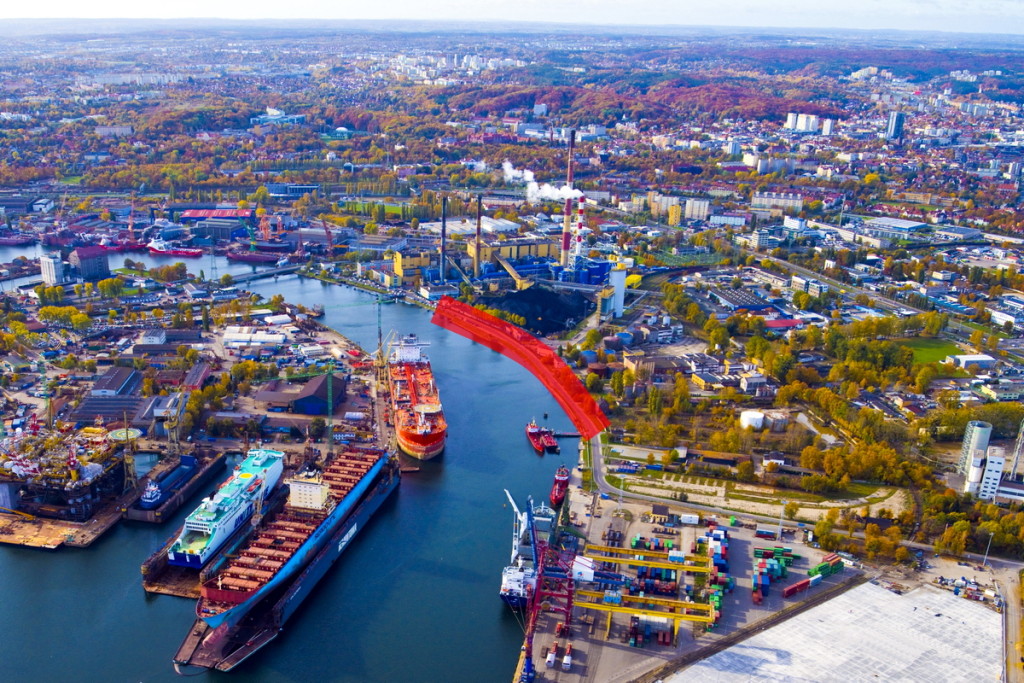
Port of Gdańsk (14.8 million tons, + 11.3%), the largest Polish port overtook two Russian ports (Port Primorsk and St. Petersburg) and advanced to the second place in the ranking of Baltic ports in terms of total transshipments in the first quarter of 2022. St. Petersburg lost 12% of cargo and had 12.7 million tonnes of transhipments in the first quarter of 2022.
Containerized goods accounted for 23% of those transported by short-sea vessels in the Mediterranean in 2020. In the Black Sea, they accounted for 7%. Ro-ro traffic accounted for 22% of Short Sea Shipping to and from Atlantic Ocean ports. In the Black Sea, it was less than 1%.
Port of Gdańsk (561.4 thousand TEU, + 9%) holds first place in the handling of containers in the Baltic Sea in the first quarter of 2022. St. Petersburg with a container turnover of 437.8 thousand TEU, lost 12% containers in the first quarter of 2022.

Conclusion –
The analysis of short sea shipping shows clearly that the situation in the Black Sea will have a significant impact on the transport of liquid and bulk cargo and containers. This applies to the countries belonging to the European Union as well as to Turkey.
Destruction of road and rail infrastructure in Ukraine will make it difficult to launch alternative land connections for goods from Ukraine, including grains, fertilizers, steel, and other cargo.
It is foreseeable that Mediterranean ports will feel the collapse of short shipping in the Black Sea. The sanctions will affect the transport of containers and liquid cargo in the North Sea and Atlantic ports, and partly also in the Baltic ports.

The supply of oil, gas, grain, steel, and containers will increase in the ports of the EU and EFTA countries due to the import of goods from the United States, the Middle East, and Asia.
The war caused by Russia in the Black Sea region will increase the prices of oil, gas, grains, fertilizers, and steel. This is one of the important factors that will cause deep inflation in the EU.

Charts: Eurostat, BBC, Atradius;


